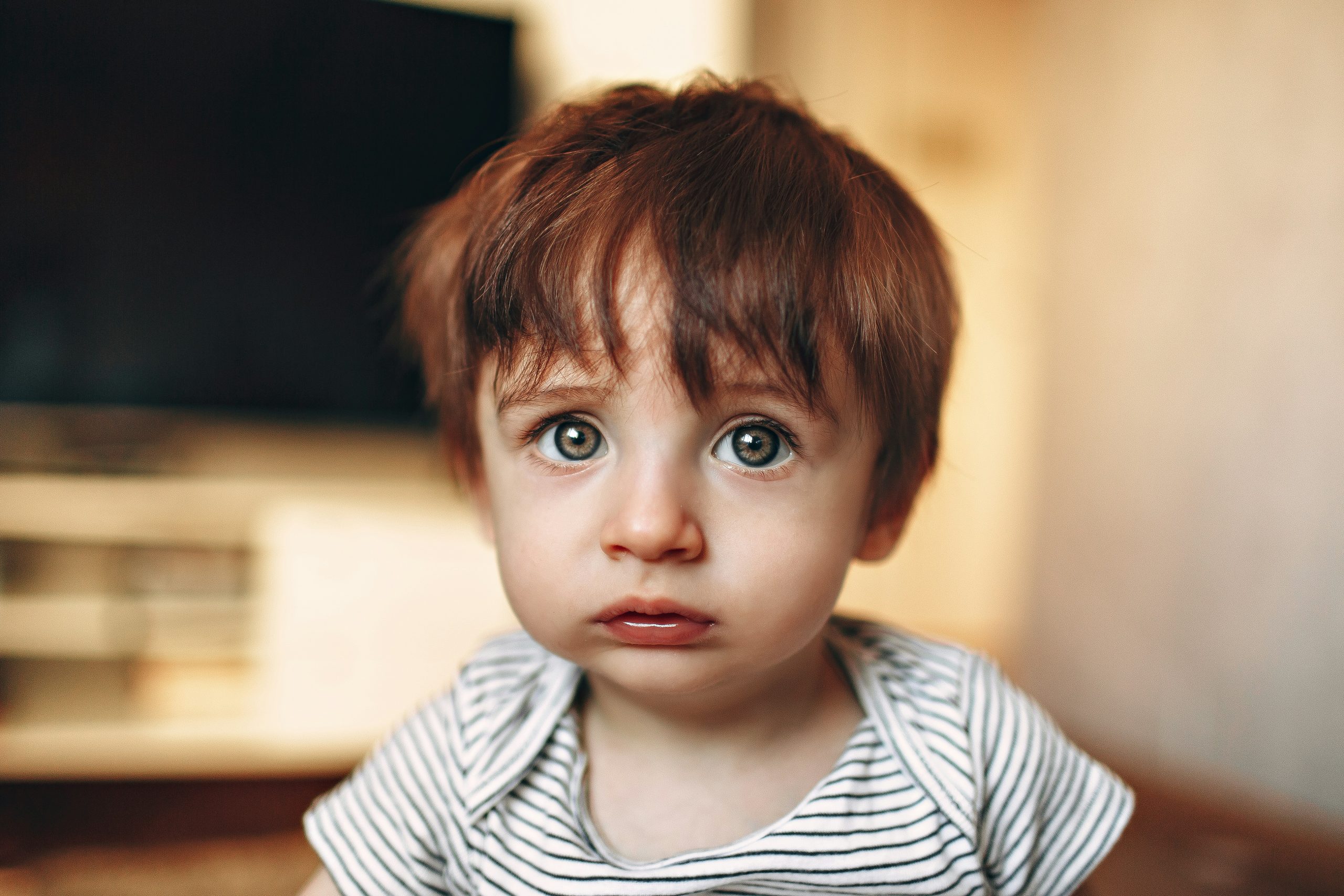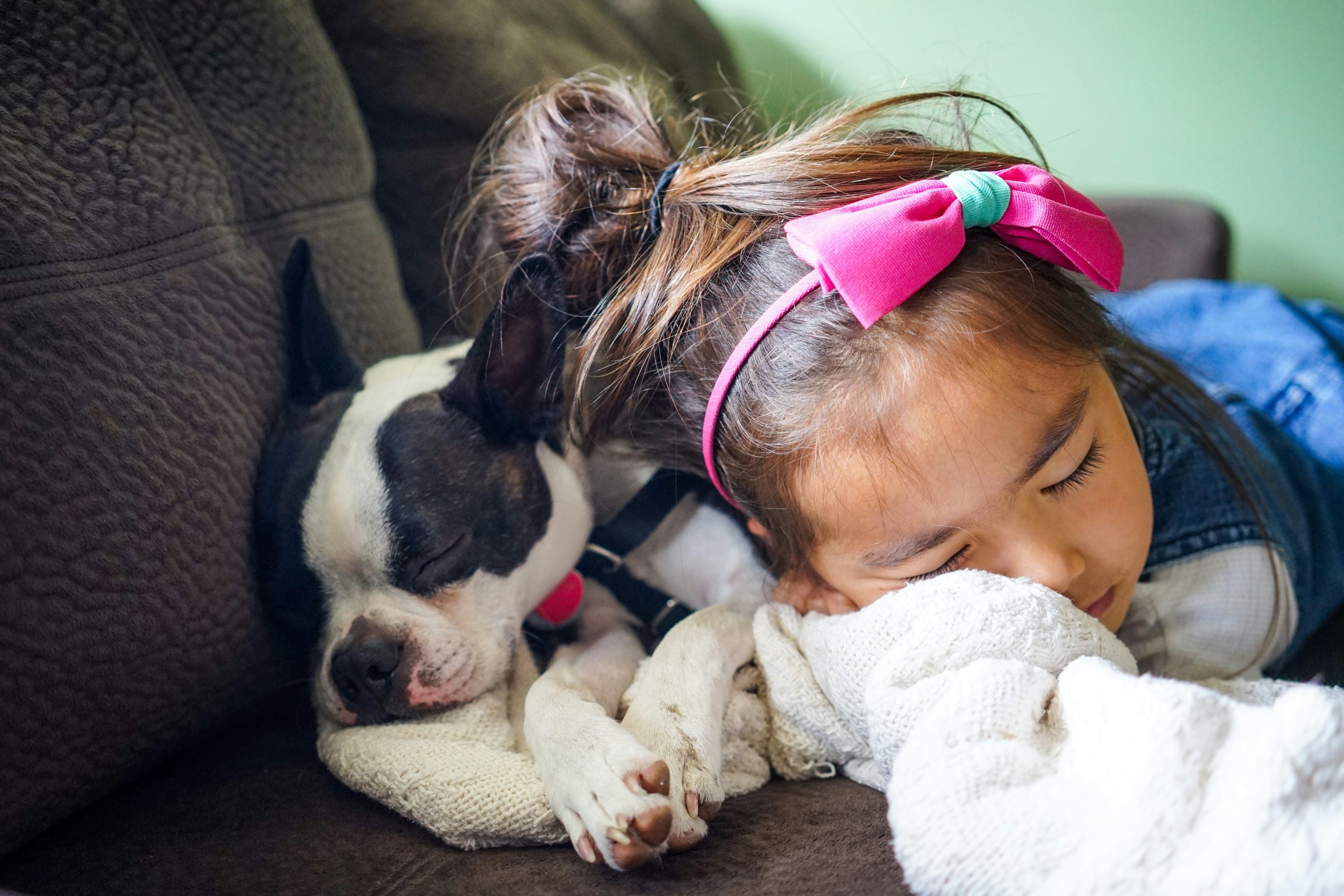
Children have an astonishing ability to sense what is happening around them. They notice worrying news, overhear adult conversations, pick up on tone, and read emotions on people’s faces. And one day—usually at the most unexpected moment, somewhere in the kitchen between bites of an apple—they ask a question that makes you freeze:
“Why do people die?”
“Will there be a war?”
“Why isn’t the world always fair?”
Every time this happens, I feel a brief moment of panic inside me. I want to be perfectly honest, but not hurtful. I want to protect, but not deceive. And above all, I want to preserve trust, because children immediately sense when an adult tries to dodge the answer.
Over time I realized that big questions are always an opportunity.
An opportunity to help a child understand themselves and the world.
An opportunity to show that complicated topics aren’t taboo.
An opportunity to build a stronger connection.
This essay is about how I’ve learned to approach these conversations—and why I believe they are more important than many school lessons.
 Why Children Ask Big Questions
Why Children Ask Big Questions
When a child asks a difficult question, adults often think: “Who exposed them to this?”, “Where did they hear that?”, or “They’re so young—how can they think about this?”
But the truth is simple:
A child asks you such questions not because they’re ready for an adult-level lecture, but because they trust you enough to share their worries.
When my younger nephew first asked me:
— Why did Grandpa die if doctors were treating him?
I hesitated for a moment. A dozen answers flashed through my mind—too scientific, too philosophical, too tragic. But what I noticed was that he wasn’t just looking for information. In his eyes I saw fear: “Could this happen to someone else I love? Could it happen to me?”
And that’s when I understood: the question wasn’t about death itself. It was about meaning and about safety.
Since then I’ve been more attentive to what lies behind children’s big questions. If you listen carefully, almost every “big question” actually means one of three things:
-
A desire to understand the world
-
A desire to understand their own emotions
-
A check: “Is the adult I trust still there for me?”
If the adult answers honestly, calmly, and clearly, the child gains more than knowledge—they gain emotional grounding.
How to Speak Honestly but Gently: My Personal Approach
When I first thought seriously about how to explain complicated things to children, I realized that universal phrases don’t exist. But there are principles that guide me every time.
Speak the truth—just in a dose the child can process
Children don’t need encyclopedic detail. They need the essence.
For example, when a child asks:
— Why do people die?
I reply:
— Because life is built in a way that every person has a beginning and an end. We can’t live forever, but we can live in a way that the love and memories we leave behind stay with others.
It’s truthful, but not frightening.
Clarify what the child actually wants to know
A child once asked me:
— Will there be a war?
I asked:
— Why do you think that?
It turned out he heard the word “conflict” on TV and assumed it meant “war tomorrow.” Sometimes the question is really a fear in disguise.
Use simple, concrete language
If a child asks about death, they don’t need a biological breakdown of vital function cessation.
They need to understand what happened, not hear a lecture.
Show that all emotions are allowed
When we talked about my grandfather’s death, my nephew asked:
— Am I allowed to cry?
And I said:
— Crying is always okay when you feel sad. People cry when they lose someone they love.
In that moment he relaxed—an adult gave him permission to feel.
Offer a sense of safety
When children ask about war, death, or illness, fear almost always hides behind the question.
So I always add something like:
— There are grown-ups working hard to keep everyone safe. You are not alone. I’m with you.
Truth should never destroy a child’s sense of security.
Big Topics: How I Explain Them to Children
Every adult eventually develops their own way of explaining the world. Here are the approaches that naturally formed for me over time.
Talking About Life
Children often ask:
— Why are we alive?
It’s the kind of question that could puzzle a philosopher, yet children ask it with absolute sincerity.
I answer:
— To love, to learn, to make friends, to do good things. Life is given to each person so they can leave a little light behind.
Simple words, but for a child—profound enough.
Talking About Death
The hardest topic of all.
But children perceive death differently. To them it’s not philosophy—it’s a simple fact: “A person was alive and now they’re not.”
My answer is usually:
— When a person dies, their body stops working, and they no longer feel pain. But everything good they did and everything they taught us stays with us.
And I always add that people live on through memory.
Talking About Fairness
Children love asking:
— Why don’t bad people always get punished?
— Why does someone get sick and someone doesn’t?
I answer:
— The world isn’t always fair. But we can make it a little better through our choices.
And I give examples: honesty, kindness, helping others, standing up for someone—all those are tiny bricks that build a more just world.
Talking About War and Conflict
It’s a painful topic for adults too.
But pretending it doesn’t exist doesn’t protect the child.
My way of explaining is:
— Sometimes adults or countries can’t agree, and this leads to conflicts. That’s very bad, and many people work hard to stop wars. You’re not to blame for this. And you are safe.
What children need most is reassurance that their world is not collapsing.
Table: Helpful Answers vs. Harmful Answers
To show more clearly how different responses can influence a child, here is a comparison:
| Child’s Question | Harmful Answer | Helpful, Calm Answer |
|---|---|---|
| “Why do people die?” | “That’s life, everyone dies, nothing we can do.” | “Every person has a beginning and an end. It’s a natural part of life, but love and memories stay with us.” |
| “Will there be a war?” | “Who knows… anything can happen.” | “Many adults are working to prevent war. You are safe, and I’m here with you.” |
| “Why isn’t the world fair?” | “That’s just how it is, deal with it.” | “The world isn’t always fair, but we can make it better through our actions.” |
| “Why do bad people do bad things?” | “Because people are awful.” | “People sometimes make bad choices out of fear, anger, or confusion. But there are more good people, and they try to fix things.” |
| “Why do some people get sick?” | “It’s luck, nobody knows.” | “Sometimes the body gets sick, but doctors work hard to help. And we can take care of our health to stay strong.” |
This table reminds me: what we say matters less than how we say it.
Why These Conversations Matter
After years of talking with children, I’ve learned that each conversation about life, death, fairness, or fear adds a tiny but essential brick to a child’s inner world.
If we respond in a way that supports them, children gain:
-
A sense of stability — the world is serious, but not terrifying.
-
Permission to feel emotions — because an adult showed it’s okay.
-
A habit of thinking deeply and asking questions — the basis of critical thinking.
-
An understanding that life includes both light and difficult moments.
-
Trust — the knowledge that adults listen and won’t dismiss their fears.
We cannot shield children from all hardship.
But we can help them grow resilient, thoughtful, and emotionally grounded.
Every time a child asks a “big question,” it is a chance to teach them not to fear thinking, not to fear talking, and not to fear feeling.
These conversations are not always easy. They often touch our own wounds—loss, fear, uncertainty. But when we manage to speak honestly and warmly, we give the child something essential:
The feeling that there is an adult beside them who holds the world steady while they learn to live in it.

